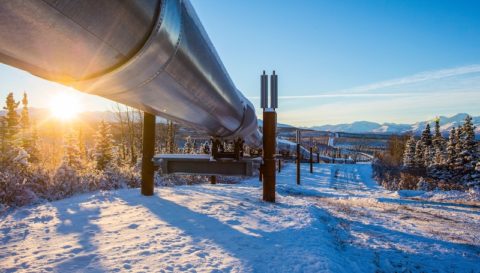Podcast: Play in new window | Download
Subscribe: RSS
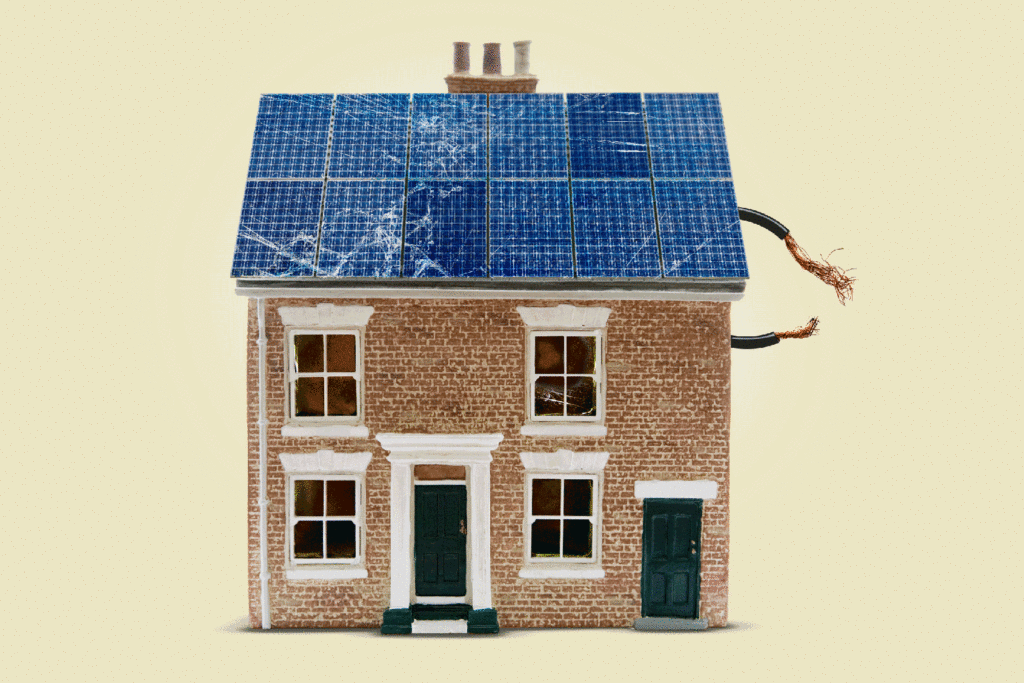 For decades the prevailing assumption has been that the primary enemies of environmental health, the essential aiders and abetters of catastrophic climate change, were the barons of industry, who sacrificed the planet for profit. Undeniably, they played a part. But they are not the main villains of this story.
For decades the prevailing assumption has been that the primary enemies of environmental health, the essential aiders and abetters of catastrophic climate change, were the barons of industry, who sacrificed the planet for profit. Undeniably, they played a part. But they are not the main villains of this story.
An example: the speaker at the service-club meeting had done a good job of summarizing the scary, looming effects of climate change, he had the audience’s attention and concern. A questioner raised his hand: “We hear all this dire stuff but nobody ever says exactly what we have to do to avoid it.”
“Okay,” said the speaker, “let’s start with this; how about a 15% surcharge on all energy produced by fossil fuels to encourage conservation and fund mitigation?” The answer was immediate: “Oh, hell, no!”
And there you have it. The American consumer absolutely refuses to be inconvenienced or penalized in any way in order to deal with a threat that looms over the future of humankind on earth. If you can solve it without interfering with my lifestyle, fine, otherwise, “fuggedaboudit.” Continue reading
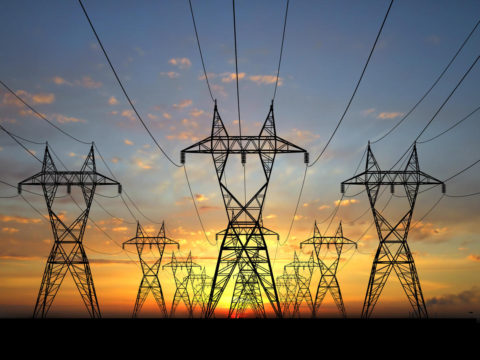

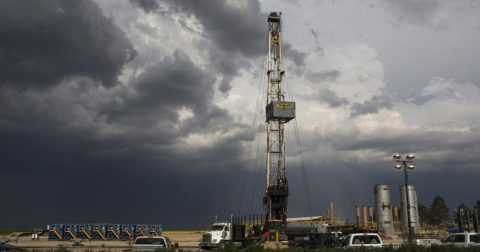
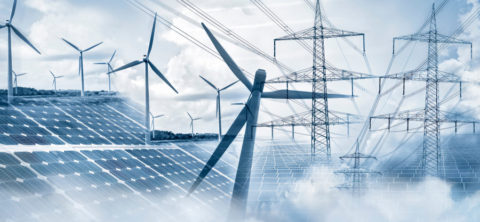 The drumbeat began with the rattling of a snare drum or two; now the tympani are being bludgeoned with sledge hammers. As a
The drumbeat began with the rattling of a snare drum or two; now the tympani are being bludgeoned with sledge hammers. As a  Every talking head in the MSM universe and on social media is fulminating about rising gas prices and falling petroleum supplies. Everyone has a favorite cause to invoke and a favorite person to blame. Everyone has a solution: ramp up American production, cut a deal with Argentina, ramp up OPEC production, ramp up renewable energy sources. Ramp up something, and do it fast so I can keep my eight-cylinder pickup truck topped up. Not one word about the silver lining this black cloud is offering us — a chance to survive as a species.
Every talking head in the MSM universe and on social media is fulminating about rising gas prices and falling petroleum supplies. Everyone has a favorite cause to invoke and a favorite person to blame. Everyone has a solution: ramp up American production, cut a deal with Argentina, ramp up OPEC production, ramp up renewable energy sources. Ramp up something, and do it fast so I can keep my eight-cylinder pickup truck topped up. Not one word about the silver lining this black cloud is offering us — a chance to survive as a species.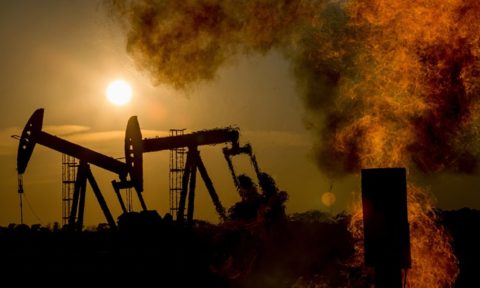 One of the least understood and least reported stories of the Covid era has been the death of fracking — the much-touted “new technology” that was supposed to usher in a revolution of the American oil industry that would lead to energy independence and world oil-market domination. It did no such thing. It did not even come close. And now it is shutting down.
One of the least understood and least reported stories of the Covid era has been the death of fracking — the much-touted “new technology” that was supposed to usher in a revolution of the American oil industry that would lead to energy independence and world oil-market domination. It did no such thing. It did not even come close. And now it is shutting down.